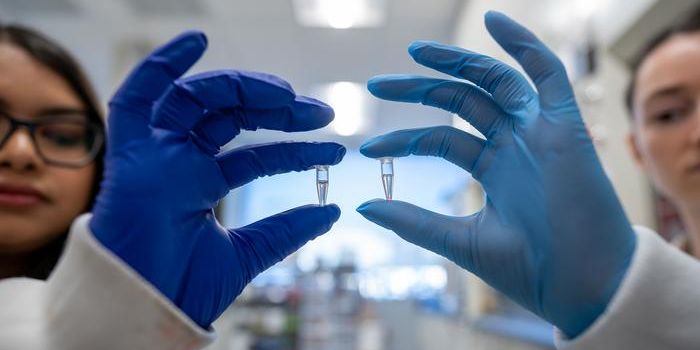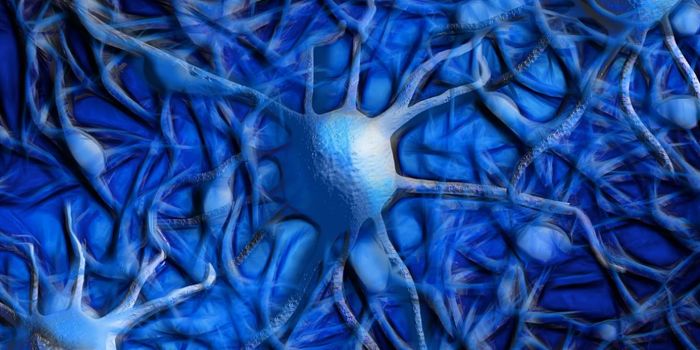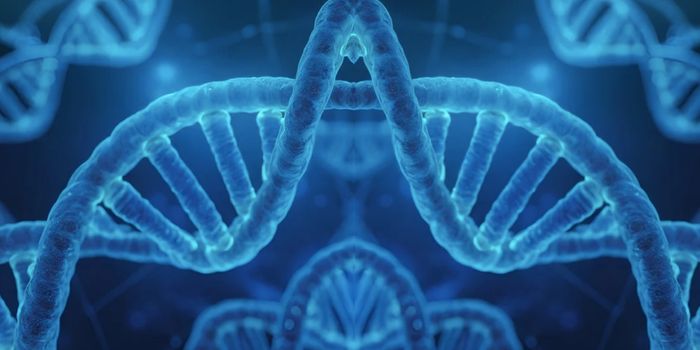Late Night Snacks may Hurt Ability of Skin to Protect Against UV
In a new twist on the adage, “you are what you eat,” researchers have found a connection between snacking at night and the skin’s ability to protect itself from harmful radiation. Researchers using a mouse model found that unusual eating times disrupted the natural clock or circadian cycle of the skin, impacting the potency of an enzyme that can protect against the sun’s rays. The work is outlined in the video below and has been published in Cell Reports.
Additional work will be needed to confirm these findings from the O'Donnell Brain Institute and UC Irvine. It suggests, however, that people that tend to eat later at night may be especially susceptible to the negative effects of the sun, like sunburn, aging and skin cancer, commented Dr. Joseph S. Takahashi, the Chairman of Neuroscience at UT Southwestern Medical Center's Peter O'Donnell Jr. Brain Institute.
"This finding is surprising. I did not think the skin was paying attention to when we are eating," said Dr. Takahashi, a Howard Hughes Medical Institute Investigator.
When the researchers fed mice at unusual times, in other words during the day, the mice ended up with more skin damage when they were exposed to ultraviolet B (UVB) light in daytime compared to UVB exposure at night. The investigators suggest that’s because xeroderma pigmentosum group A (XPA), an enzyme that fixes skin damaged by UV, became less active in the day after the oddly timed feedings. Mice that only ate during the usual time, in the evening, had normal cycles of XPA enzyme activity and showed less susceptibility to daytime UV rays, however.
"It is likely that if you have a normal eating schedule, then you will be better protected from UV during the daytime," explained Dr. Takahashi. "If you have an abnormal eating schedule, that could cause a harmful shift in your skin clock, like it did in the mouse."
Other work has shown that the natural daily cycle of the body, the circadian rhythm, has a major influence on the biology of the skin, but little is known about how that influence is regulated. This work shows how important feeding times are to the skin’s daily cycle; it’s already known that meal times influence other body clocks too, such as in the liver. In addition to changing the enzyme of the XPA enzyme, the expression of about ten percent of skin genes was also altered by the disrupted meal times.
More work will be needed of course to confirm these findings in people, something the scientists acknowledge. "It's hard to translate these findings to humans at this point," said Dr. Andersen, Professor of Biological Chemistry. "But it's fascinating to me that the skin would be sensitive to the timing of food intake."
Takahashi is well known for his work on circadian rhythm, especially for identifying the gene that regulates it -- the Clock gene. He is continuing to investigate how eating impacts our daily body clock. His current research is focusing on how food intake affects longevity and aging.
Sources: AAAS/Eurekalert! Via UT Southwestern Medical Center, Cell Reports










